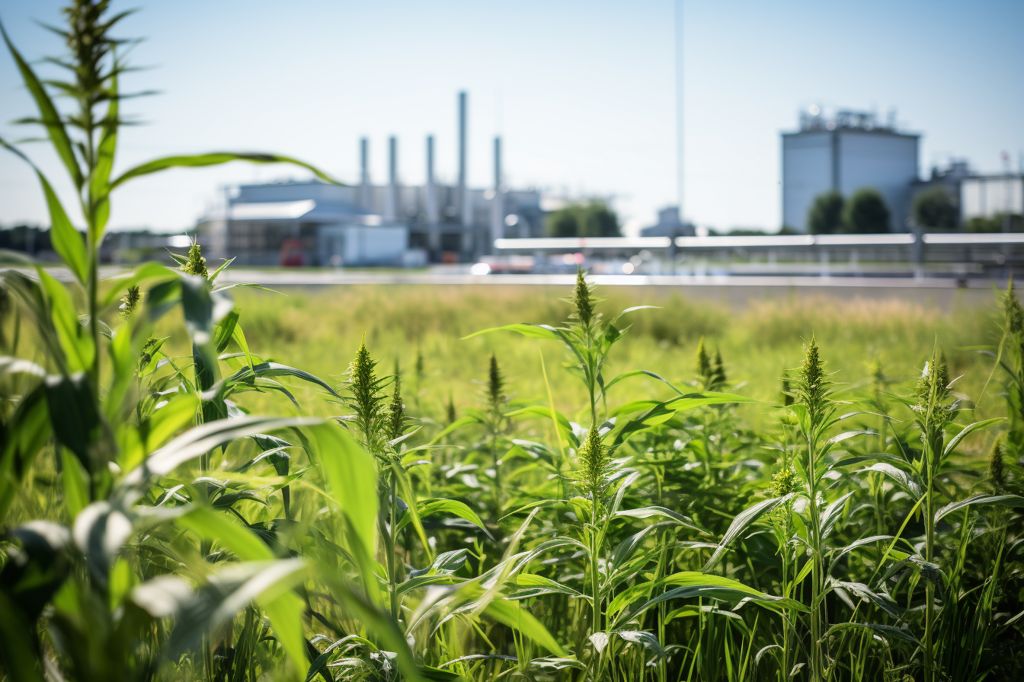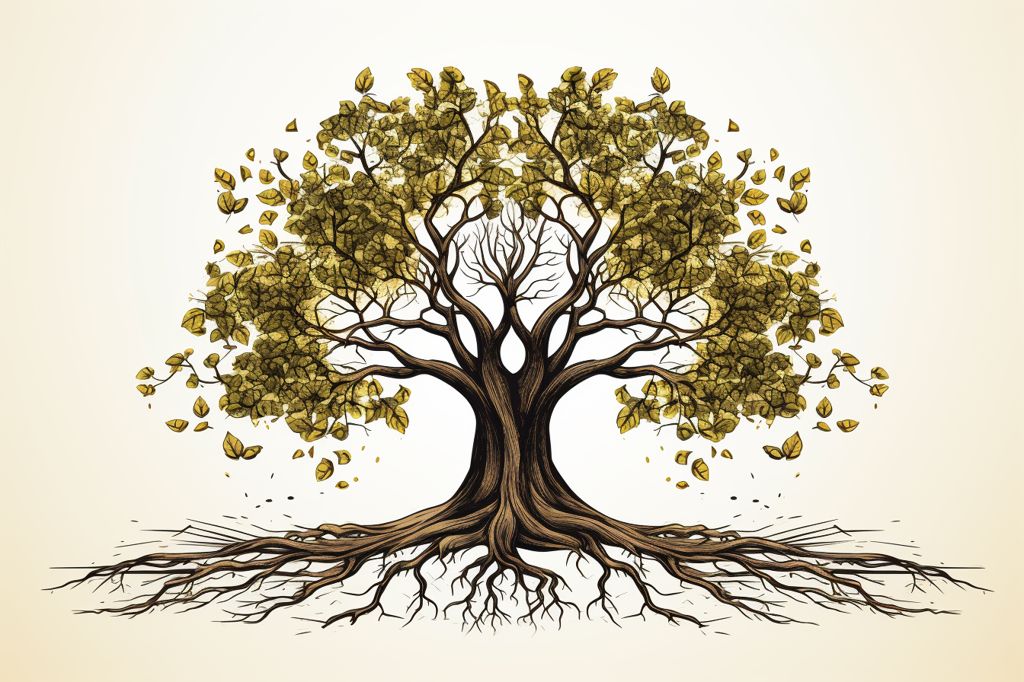Biotechnology has been identified as a powerful tool to drive innovation and sustainable development in Africa. With its vast biodiversity and indigenous knowledge base, Africa is well-positioned to harness biotechnology to overcome its most pressing challenges, including healthcare, agriculture, climate change, and energy security.
The Role of South Africa in the Biotechnology Revolution
South Africa has been a key player in championing biotechnology and the bio-economy since 2001. The Department of Science and Innovation (DSI) has been instrumental in advancing bio-innovation at both a national and continental level.
Health Innovation
The Department of Health’s research, development, and innovation initiatives aim to leverage the country’s strengths in academia and industry to develop drugs, vaccines, biopharmaceuticals, medical devices, and diagnostics that address the nation’s disease burden. A balanced approach, combining technological and non-technological innovations, is needed to address the complex challenges facing the healthcare system.
Agricultural Innovation
South Africa’s Decadal Plan emphasizes the role of research, development, and innovation in revitalizing traditional economic sectors, such as agriculture. Through a range of multidisciplinary and multi-institutional STI interventions, South Africa aims to enhance agricultural productivity, technology transfer, nutrition security, and livelihoods. The country has developed crop improvement programs to increase yields, enhance resilience to climate change, and bolster crop protection.
Industrial Biotechnology
South Africa envisions an integrated biorefinery as central to its sustainable bio-economy development. Similar to a petroleum refinery, an integrated biorefinery uses different biomass feedstocks to produce a range of bio-based products. South Africa has identified several flagship biorefinery technology programs for implementation, targeting forestry, sugar, waste, and algal bio-refineries.
Indigenous Knowledge-Based Technology Innovation
Indigenous knowledge systems play a critical role in Africa’s bio-innovation landscape. South Africa has been actively promoting multi-country collaborations with the BRICS countries, Ethiopia, Canada, and Jamaica, among others, to advance research and innovation in natural medicines.
South Africa has made significant strides in recent years towards bio-innovation, with over 240 biotechnology companies established, multiple intellectual property rights filed, and global recognition in areas such as the mRNA vaccine hub for Africa. The BioAfrica Convention continues to serve as a vital platform for enhancing biotechnology applications across the continent. With continued investment, collaboration, and dedication, South Africa is well on its way to unlocking the full potential of biotechnology for the entire African continent.








